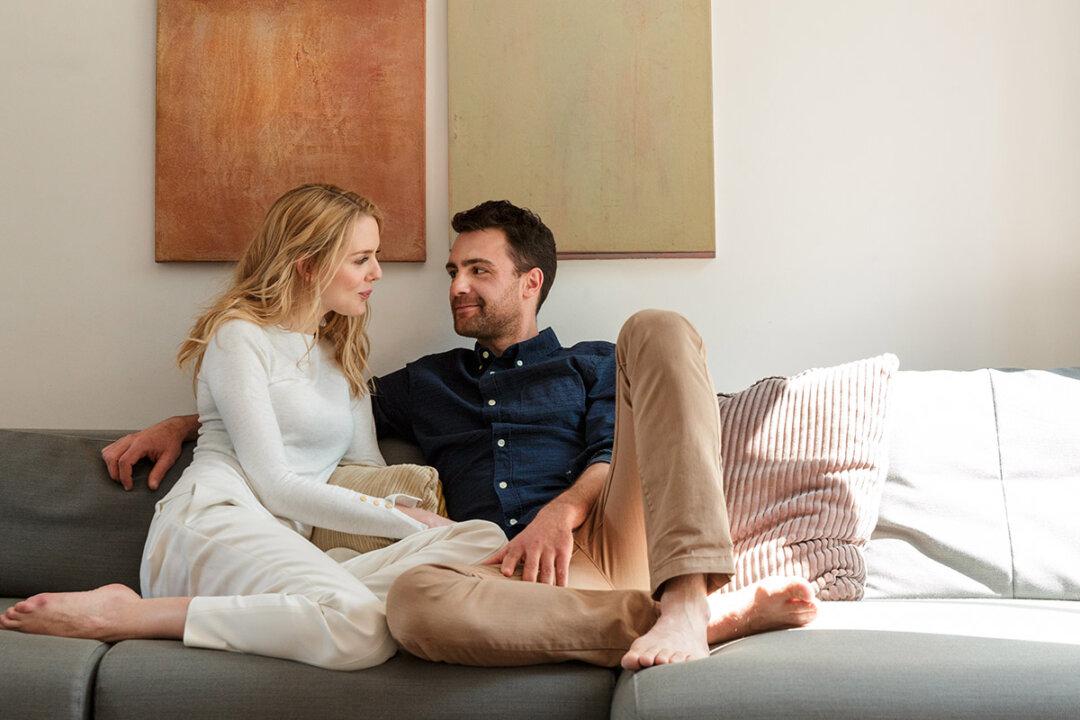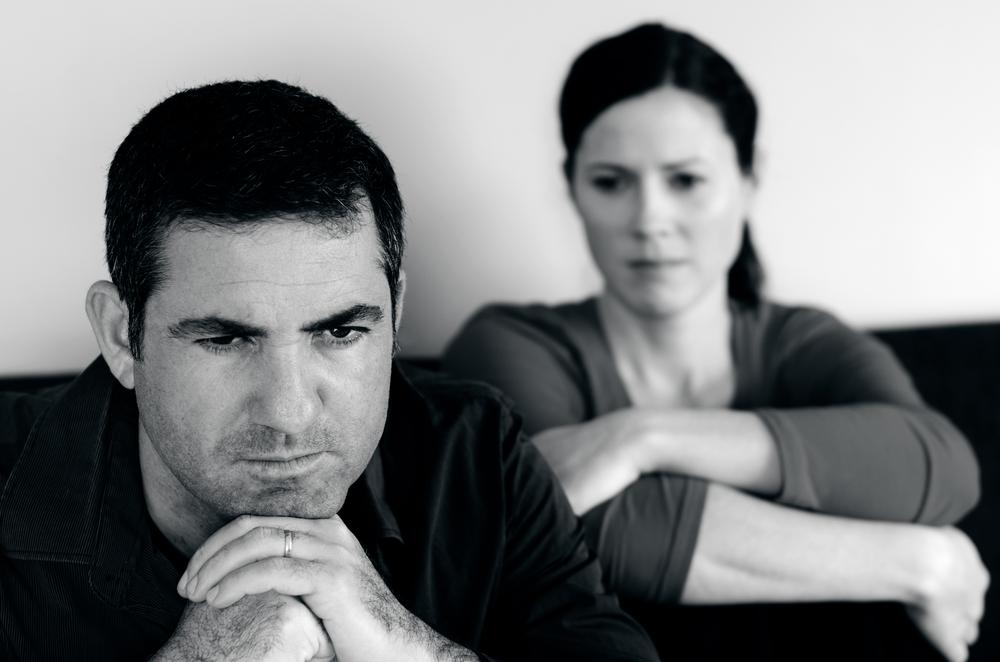Most couples come to see me to learn better communication skills—or at least that’s what they say in the first session. What gets described as communication problems, however, are usually listening problems.
The truth is, we’re not very good listeners; we don’t know (and are not taught) how to listen to each other, at least not in a manner that makes the other feel truly heard or loved. We know how to listen from the head but not from the heart.






